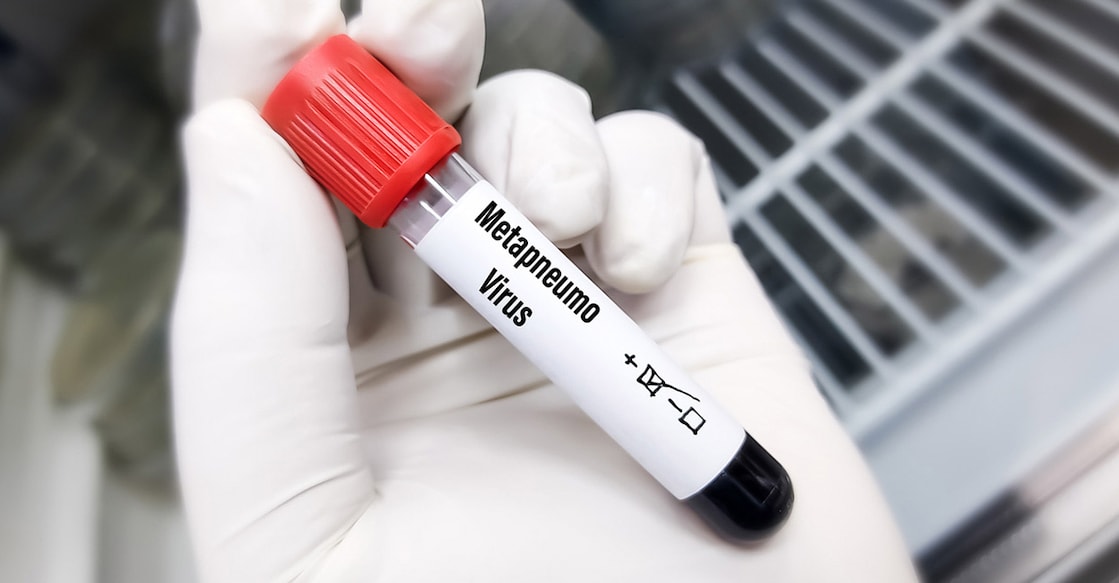HMPV hits Hong Kong after China, Kerala recommends mask, WHO silent: Is the virus similar to COVID-19?

Mail This Article
Beijing: Almost five years after the COVID–19 outbreak that forced the world to a massive lockdown, China is staring at another health crisis. China has reportedly declared a health emergency due to the Human Metapneumovirus (HMPV). However, the World Health Organization has been silent about the recent viral outbreak in China. The organization hasn’t officially confirmed whether China has declared a health emergency. Meanwhile, China’s neighbouring countries have advised its citizens to be cautious. HMPV cases have also been reported in Hong Kong. Health officials in India advise people to take proper precautions, although there is no cause for panic or alarm. Kerala's Health Minister recently urged the elderly and pregnant women to wear mask in public places. The health ministry of India, too, is closely observing the situation to prevent any viral outbreaks in the country. Here's what you should know about the virus.
What is HMPV virus?
HMPV is a viral infection that primarily affects the respiratory system. People of all ages could be affected by this virus. However, old people and children below five years are more vulnerable to this respiratory illness. Human Metapneumovirus was first reported in 2001. Those who work in the health sector say that HMPV is not a new virus as it has already been reported in various parts of the world. So, HMPV cannot be deemed as a dangerous new virus that could wreak havoc.
The virus is especially active during the winter. The symptoms of common cold and fever, like runny or stuffy nose, sore throat and wheezing, are also the general symptoms of HMPV. The virus may lead to bronchitis and pneumonia in those with weak immune systems. Meanwhile, the incubation period (time taken for the symptoms to appear after exposure to an infectious disease) of HMPV is 3 – 6 days.
The physical condition of a person previously affected by Covid 19 increases the risk of HMPV. Currently, there aren’t any anti-viral therapy or vaccines to prevent HMPV. Here’s how the virus spreads
1) The virus spreads through droplets from coughing and sneezing.
2) Physical contact (touch, handshakes) with an infected person.
3) Touching mouth or nose after coming into contact with unclean surfaces.
Precautions against HMPV
1) Washing hands using water and soap for at least 20 minutes
2) Covering the nose and mouth while someone coughs or sneezes standing close to you
3) Strictly wearing mask.
4) Ensuring that your hands are clean before touching your eyes, nose and mouth.
Is HMPV similar to COVID–19?
Although HMPV and the SARS-CoV 2 virus that caused Covid 19 belong to different families, their symptoms are similar.
1) Both viruses affect the respiratory organs
2) Virus spread through contact with infected persons
3) Fever, sore throat, cough, wheezing and shivering are the common symptoms
4) Old people, children and people with weak immune systems get affected quickly
5) Wearing masks, washing hands and maintaining social distancing are the precautions for keeping away both viruses.

